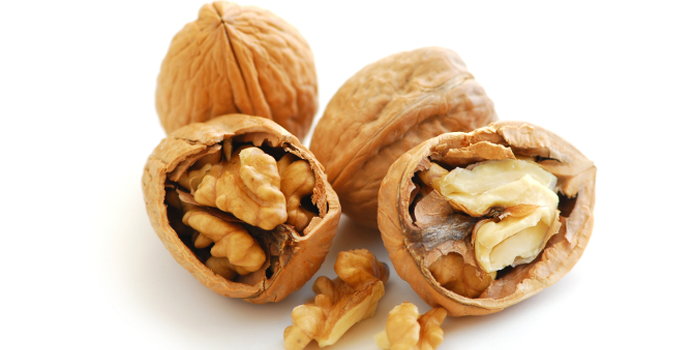There are certain foods, or forms of foods, that are extremely important to maintaining good health and preventing disease; omega-3 fatty acid is included. Omega-3 fatty acids are liquid forms of polyunsaturated fats, also called the 'good' fats. Omega-3 fatty acids include alpha-linolenic acid, eicosapentaenoic acid (EPA) and docosahexaenoic acid (DHA). Alpha-linolenic acid and omega-6 are considered essential fatty acids because the human body does not naturally produce them.
What Are Sources of Omega-3 Fatty Acid?
It's important to understand what the sources of omega-3 fatty acids are so that you can understand the best way to include them in your diet. This also explains how cooking affects the omega-3 fatty acid.
Some of the best sources of omega-3 fatty acid are:
- wild salmon
- whole flax seed
- walnuts
Other important sources of omega-3 fatty acid are:
- canola oil
- sunflower oil
- safflower oil
- cauliflower
- broccoli
- soybeans
- cabbage and many other foods.
Cooking omega-3 fatty acids
Foods containing omega-3 fatty acids are always best utilized for nutrients when they are consumed in natural form. Basically what that means is that you still reap huge benefits from eating steamed broccoli and broiled salmon. It's just best to eat broccoli that is organic and raw and fish that is not over cooked.
In some instances, you don't want to cook or heat the source of the omega-3 fatty acids at all. For example, in the case of flax seed, which is very high on the list of rich sources of omega-3 fatty acids, it's best to use flax seed oil in dressings rather than to cook with it. This state of the flax seed happens when the oil is removed from its natural state. Exposing the flax seed oil to heat or oxygen or light increases the risk of free radicals forming. Free radicals are known to have an impact on cancer producing cells; and not in a good way.
How to Incorporate Omega-3 Fatty Acid in a Healthy Way
Eat foods that are in their natural state and preferably organic whenever possible. You should store other sources of omega-3 fatty acids exactly as it comes and follow the directions on the packaging. For instance, if you purchase flax seed oil in a brown bottle, you need to keep it in the brown bottle and most likely in the refrigerator.
When you choose supplements, such as fish oil gel pills, take as directed and research the interaction with other supplements and medications. Fish oil supplements are enhanced when taken with vitamin E supplements under normal circumstances.
What Are the Benefits of Omega-3 Fatty Acids?
The benefits of omega-3 fatty acids are many and varied. You may benefit from an increase in omega-3 to your diet if you suffer from depression or fatigue, to name a few. Other reasons to increase your intake include: dry or itchy skin, cardiovascular disease, type II diabetes, joint pain and an inability to clearly focus.
In addition, omega-3 fatty acids can help to lower the accumulation of 'bad' fats in the body and prevent cancer cells from growing. There are many reasons to incorporate omega-3 fatty acid rich foods into your daily diet.



